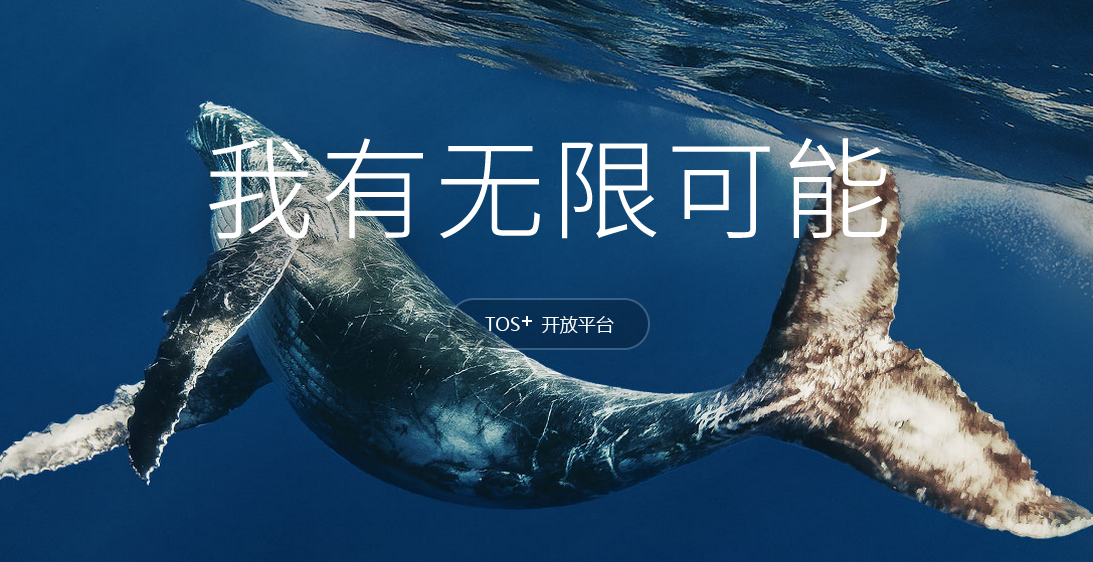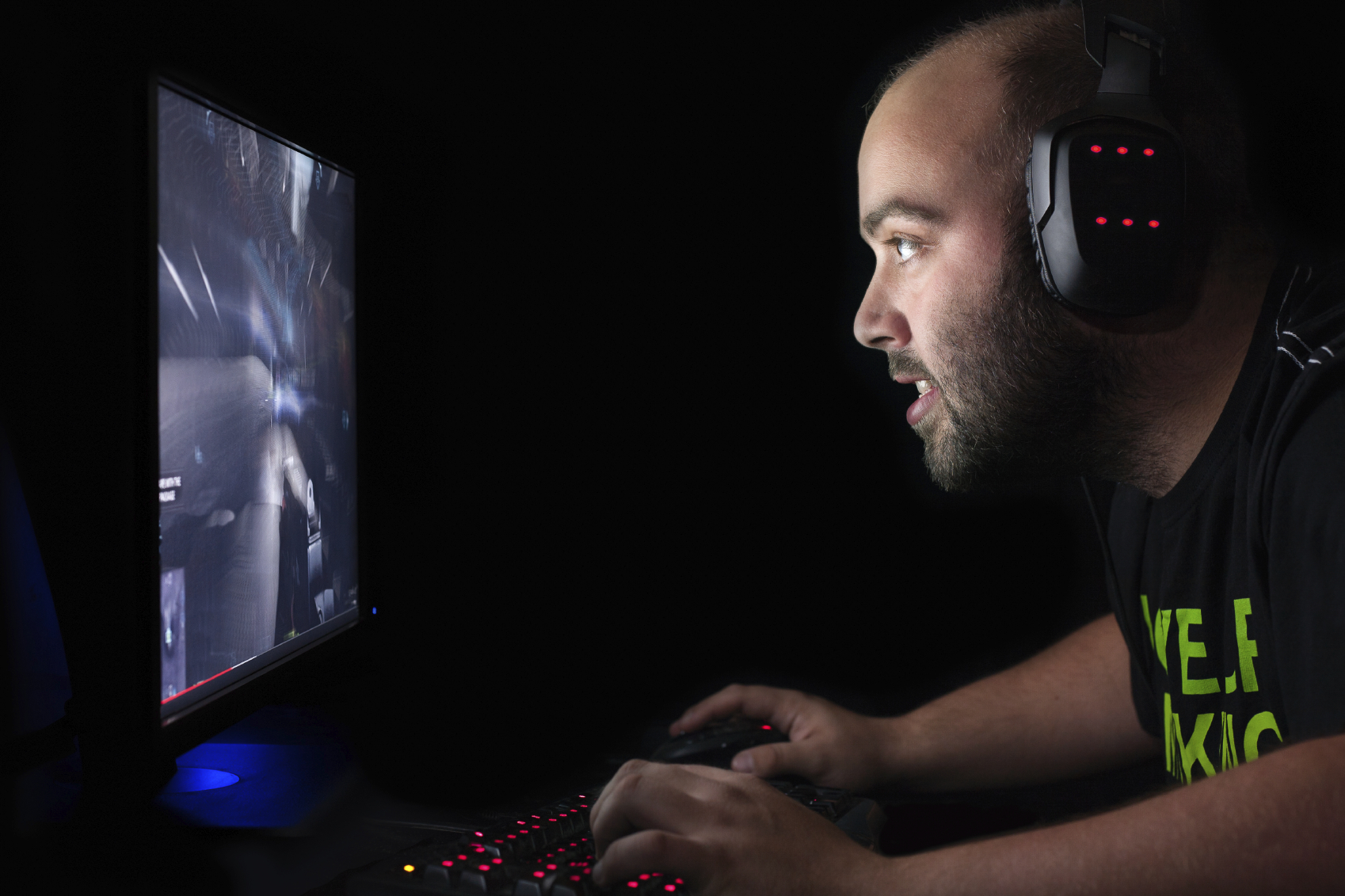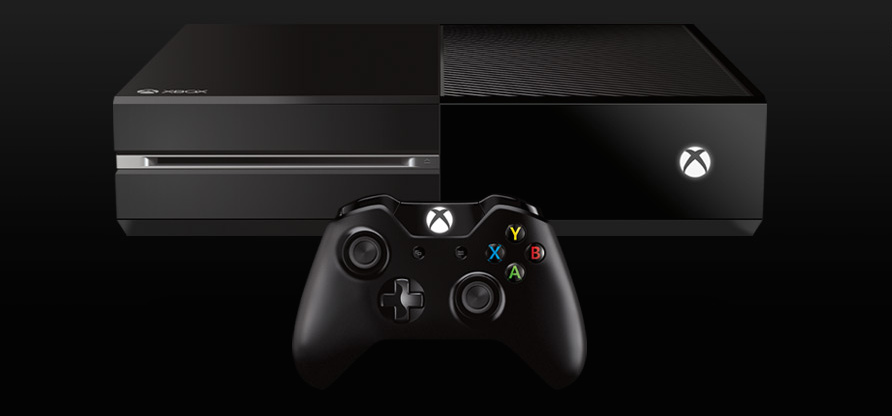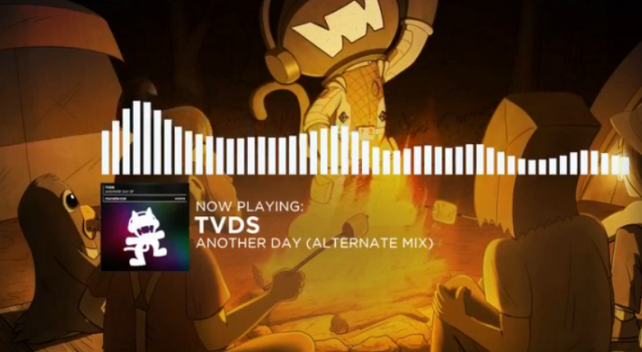Read original story on: Engadget
Gaming is growing increasingly immersive as integrations with cutting-edge technologies like Augmented Reality (AR) and Virtual Reality (VR) deepens. In fact, at the E3 event currently underway, Microsoft just announced a new version of Minecraft built specifically for its HoloLens headset that was demonstrated at E3 yesterday. The company has also teamed up with Oculus for Xbox One game streaming and Valve for VR on Windows 10.
These two announcements may have Sony on high alert, as the competitive company does not offer the compatibility that Microsoft now does. ESPN magazine is at the forefront of the rise of competitive gaming, releasing the first ever issue on e-sports, calling the meteoric rise of professional gaming in recent years “the birth of a new sport”. As eSports continues to grow and gain legitimacy, we expect more emerging technologies to be integrated.







